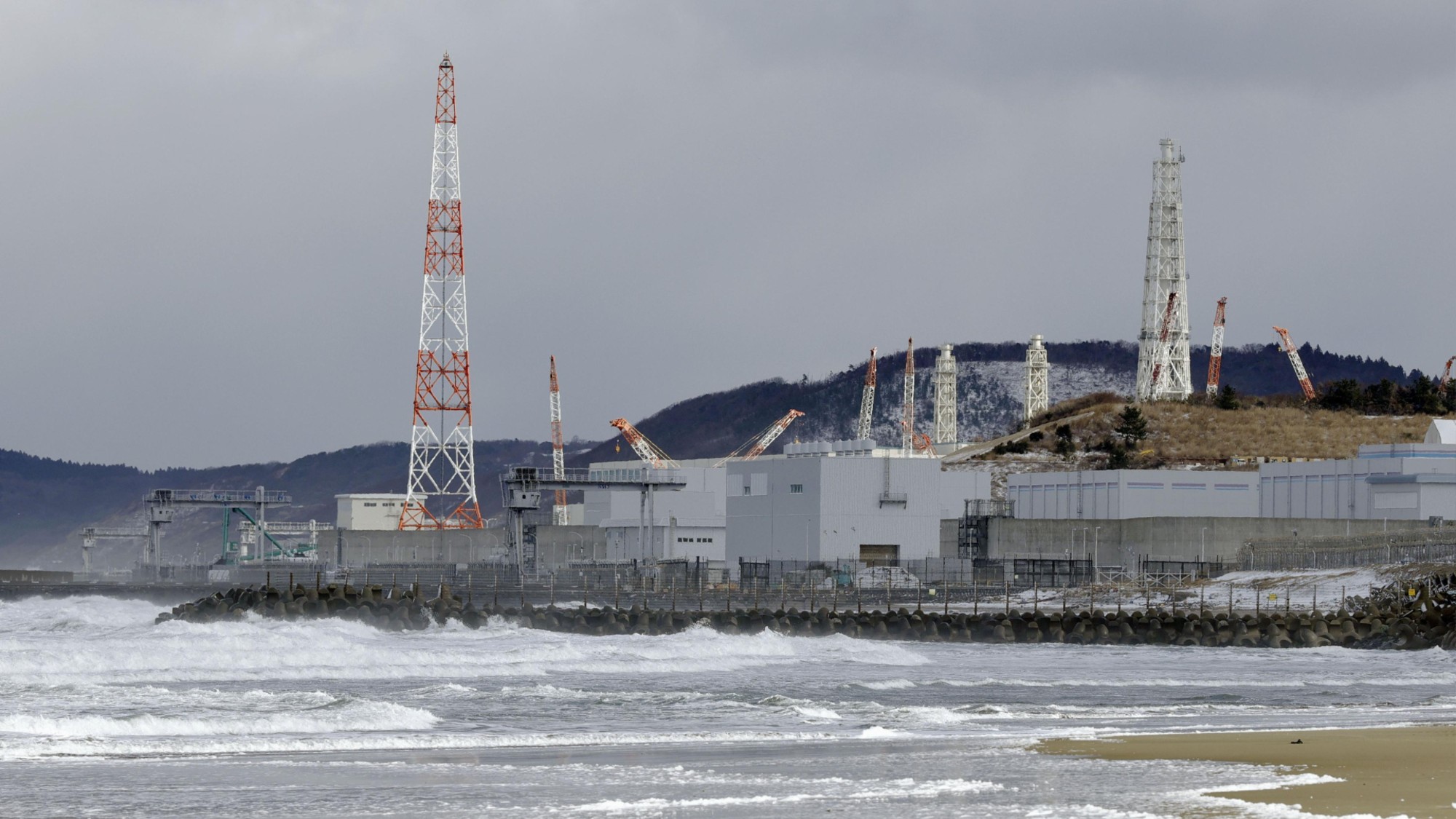Can the world adapt to climate change?
As the world gets hotter, COP30 leaders consider resilience efforts


A free daily email with the biggest news stories of the day – and the best features from TheWeek.com
You are now subscribed
Your newsletter sign-up was successful
The worldwide effort to mitigate climate change is not going well. Fossil fuels are still burning, temperatures are rising and effects ranging from historic droughts to super-powered hurricanes are becoming the norm. Authorities are now thinking more about how to adapt.
Climate adaptation efforts are “climbing up the agenda” as the world deals with “record-breaking hot years and extreme weather disasters,” said the Financial Times. World leaders gathering this week for the COP30 climate summit in Brazil have an eye on “shoring up economies against climate change. There is a tension between those who believe “governments and businesses are being too slow” to adapt and those who worry adaptation will “distract and divert finances from efforts to reduce” greenhouse gas emissions. Mitigating climate change is necessary, but near-term adaptation is the “first half of our survival,” said COP30 President André Aranha Corrêa do Lago.
The big question is cost. Adaptation efforts would include everything from “funding air conditioners and fans” to “AI mapping of soil conditions to improve crop yields,” said Reuters. A new United Nations report says developing countries will need $310 billion a year to buy those and other tools, but “where that money will come from is unclear.”
The Week
Escape your echo chamber. Get the facts behind the news, plus analysis from multiple perspectives.

Sign up for The Week's Free Newsletters
From our morning news briefing to a weekly Good News Newsletter, get the best of The Week delivered directly to your inbox.
From our morning news briefing to a weekly Good News Newsletter, get the best of The Week delivered directly to your inbox.
What did the commentators say?
The world must “stop burning fossil fuels,” University College London’s Susannah Fisher said at The Conversation. That is the first step to “stop further damage and make it possible to adapt.” In the meantime, nations must also prepare for the “future we are currently heading toward.” That means making big shifts in how people live, work and eat in order to “create new futures where they can thrive” even as the world warms. For now, though, adaptation efforts do “not go far enough to manage these effects of climate change.”
Participants at COP30 “must get serious” about financing adaptation efforts, said Demet Intepe at the World Economic Forum. Many countries are already “deeply affected by floods, heatwaves and wildfires,” which makes adaptation efforts an “essential lifeline for communities threatened by climate-related disasters.” It is unlikely the money will come from the private sector. Adaptation efforts like “coastal flood protection” are expensive but create “minimal opportunities for financial returns.” Without the opportunity to create new profits, there will be no substitute for the “scale and reliability of public finance.”
What next?
Any solutions negotiated at COP30 will happen without the help of the United States, which is still one of the world’s biggest greenhouse gas emitters. America is “not sending any top officials” to the summit, said The New York Times. In President Donald Trump’s second term, his administration has “abandoned” the country’s promise to “curb the burning of fossil fuels at home.”
Other countries are trying to keep up with their own goals and fill the gap left by the U.S. Germany and Spain have pledged $100 million to climate adaptation efforts, said Bloomberg. But more than $300 billion will be needed to help developing countries adapt, and that is a “figure that’s far higher than amounts currently being made available” from richer countries.
A free daily email with the biggest news stories of the day – and the best features from TheWeek.com
Joel Mathis is a writer with 30 years of newspaper and online journalism experience. His work also regularly appears in National Geographic and The Kansas City Star. His awards include best online commentary at the Online News Association and (twice) at the City and Regional Magazine Association.
-
 Why are election experts taking Trump’s midterm threats seriously?
Why are election experts taking Trump’s midterm threats seriously?IN THE SPOTLIGHT As the president muses about polling place deployments and a centralized electoral system aimed at one-party control, lawmakers are taking this administration at its word
-
 ‘Restaurateurs have become millionaires’
‘Restaurateurs have become millionaires’Instant Opinion Opinion, comment and editorials of the day
-
 Earth is rapidly approaching a ‘hothouse’ trajectory of warming
Earth is rapidly approaching a ‘hothouse’ trajectory of warmingThe explainer It may become impossible to fix
-
 Earth is rapidly approaching a ‘hothouse’ trajectory of warming
Earth is rapidly approaching a ‘hothouse’ trajectory of warmingThe explainer It may become impossible to fix
-
 The plan to wall off the ‘Doomsday’ glacier
The plan to wall off the ‘Doomsday’ glacierUnder the Radar Massive barrier could ‘slow the rate of ice loss’ from Thwaites Glacier, whose total collapse would have devastating consequences
-
 Can the UK take any more rain?
Can the UK take any more rain?Today’s Big Question An Atlantic jet stream is ‘stuck’ over British skies, leading to ‘biblical’ downpours and more than 40 consecutive days of rain in some areas
-
 As temperatures rise, US incomes fall
As temperatures rise, US incomes fallUnder the radar Elevated temperatures are capable of affecting the entire economy
-
 The world is entering an ‘era of water bankruptcy’
The world is entering an ‘era of water bankruptcy’The explainer Water might soon be more valuable than gold
-
 Fifteen years after Fukushima, is Japan right to restart its reactors?
Fifteen years after Fukushima, is Japan right to restart its reactors?Today’s Big Question Balancing safety fears against energy needs
-
 Climate change could lead to a reptile ‘sexpocalypse’
Climate change could lead to a reptile ‘sexpocalypse’Under the radar The gender gap has hit the animal kingdom
-
 The former largest iceberg is turning blue. It’s a bad sign.
The former largest iceberg is turning blue. It’s a bad sign.Under the radar It is quickly melting away
